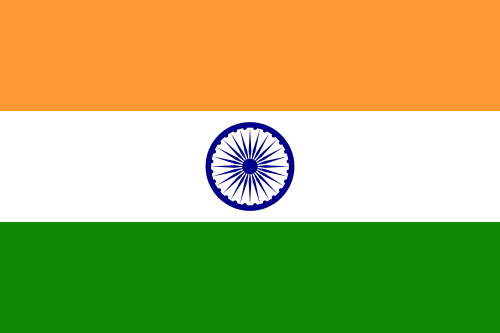The increasing demand for cost-effective and sustainable aquafeeds has prompted interest in alternative protein sources to replace fishmeal. Wolffia globosa (duckweed), is a fast-growing, rootless duckweed with high protein content and favorable nutrient composition, offers significant potential as a feed ingredient in aquaculture. Studies conducted at the College of Fisheries, Central Agricultural University in Tripura, India, demonstrated the feasibility of using Wolffia as a primary feed for rohu fry, yielding promising growth and health outcomes comparable to those achieved with conventional formulated feeds.
Beyond its nutritional value, Wolffia contributes to environmental sustainability through phytoremediation, improving water quality in aquaculture systems, and reducing the reliance on fishmeal and chemical fertilisers. Challenges remain, particularly due to anti-nutritional factors common in plant-based feeds, but these can be mitigated through thermal and enzymatic treatments. With proper processing, Wolffia globosa emerges as a viable, eco-friendly protein source for aquaculture, supporting both profitability and environmental stewardship.

